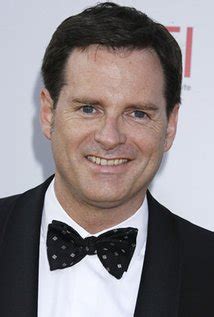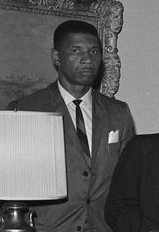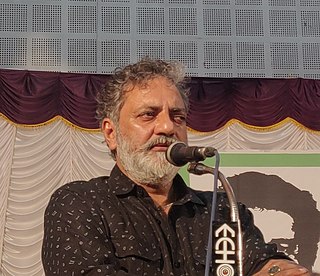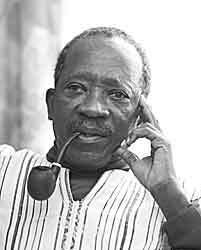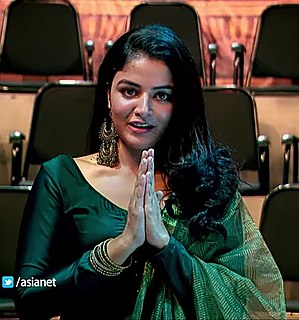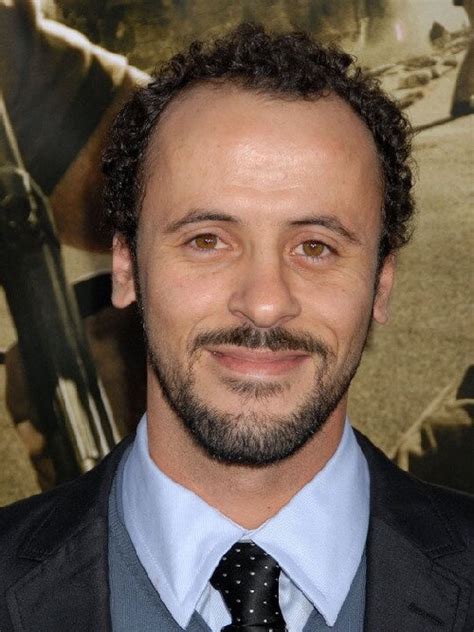A Quote by Mark Waters
Most adaptations of plays I hate, because they don't envision something as cinema at all, you know?
Related Quotes
I'm very pessimistic about adaptations from one medium to another. I've got a very kind of primitive, Puritan view of it. I tend to think that if something was derived for one medium, then there's no real immediate reason to think that it's necessarily going to be as good or better if adapted into another one. There have been very good stage plays that have made some very good films. But there are not so many differences between the theater and the cinema as there are between the cinema and, say, reading a book or reading a comic.
I hate political films that have one particular message that they're trying to convey. I think propaganda is very dangerous, and it's very easy for anything to slip into it. I also think that propaganda is something that defies the identity of cinema. I hate propaganda in cinema, even if it was promoting the political stance that I myself am allied with. I always say that the responsibility of a film is first and foremost: To be a film. It's not a manifesto, it's not an op-ed.
I've made movies that were adaptations and I've been kind of frustrated by the process because, you know that old axiom, 'It's never as good as the book'? It's often true because nothing competes with your own imagination. When you're reading a book and you imagine something in your head, nothing's going to compete with that.
I think cinema is needed throughout Africa, because we are lagging behind in the knowledge of our own history. I think we need to create a culture that is our own. I think that images are very fascinating and very important to that end. But right now, cinema is only in the hands of film-makers because most of our leaders are afraid of cinema.
Speaking about myself, I've been pleasantly surprised that my older plays are still being performed. Most important is that they still have something to say to today's audience, in particular the young people who enjoy my plays. That's the best I could hope for, that the plays aren't single-use products of one era.
